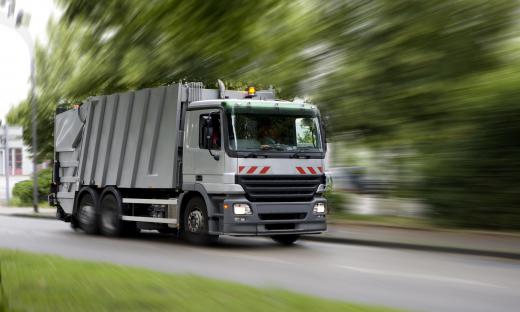Just like the name seems to suggest, waste sorting is a procedure that involves the deliberate separation of waste into different categories as defined by the final use for the waste. That is to say that this separation of waste is usually geared toward different ends, including for the creation of compost, for recycling purposes, or even for generating power. As such, the waste sorting could fall into categories like paper-based materials, plastic-based materials and organic materials. The process could also be initiated manually, or it could be a more industrialized process that would require the use of different types of specific machinery that have been developed for the purpose of sorting different types of waste into predetermined categories. Indeed, some companies that manage waste have some sort of waste sorting facility in place for this aim.
An example of the type of waste sorting that could be initiated and observed at the individual level is the type that is common in cities where various waste bins are set out with clear indications of the type of waste that should be put into them. Some of the waste bins have illustrations indicating that only paper should be put into the bins, some are meant for cigarette butts, others for plastics, and the rest could be for any other type of waste. Also, individuals at home could initiate the process of waste sorting by dividing the waste into various categories before taking it out. Some companies and government organizations even offer incentives, such as monetary compensation, to consumers in exchange for them bringing in used bottles and plastics.

Some companies have specifically created facilities that are solely targeted toward the large-scale application of waste sorting for the purpose of separating the various collected waste into different categories. One of the purposes for the application of waste sorting could be for the sake of separating materials for recycling, such as plastics and paper. It could also be for the separation of the waste into the general categories of wet and dry waste. The process could also be for the purpose of sorting commercial waste, which have a predominantly different set of materials from household waste. In the same sense, construction waste can also be sorted, and the material developed from this type of activity may generally be bigger than that generated from office activities.
